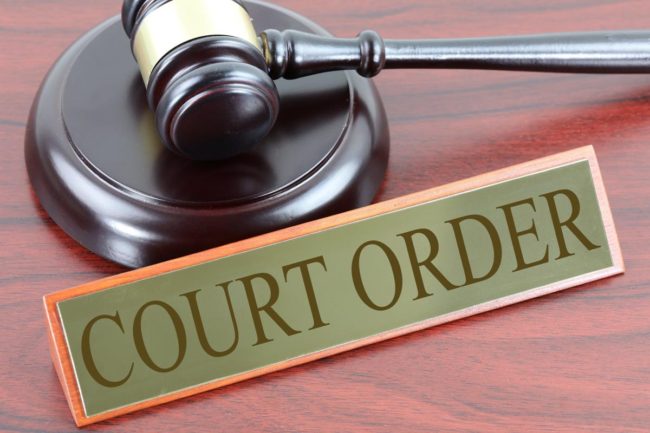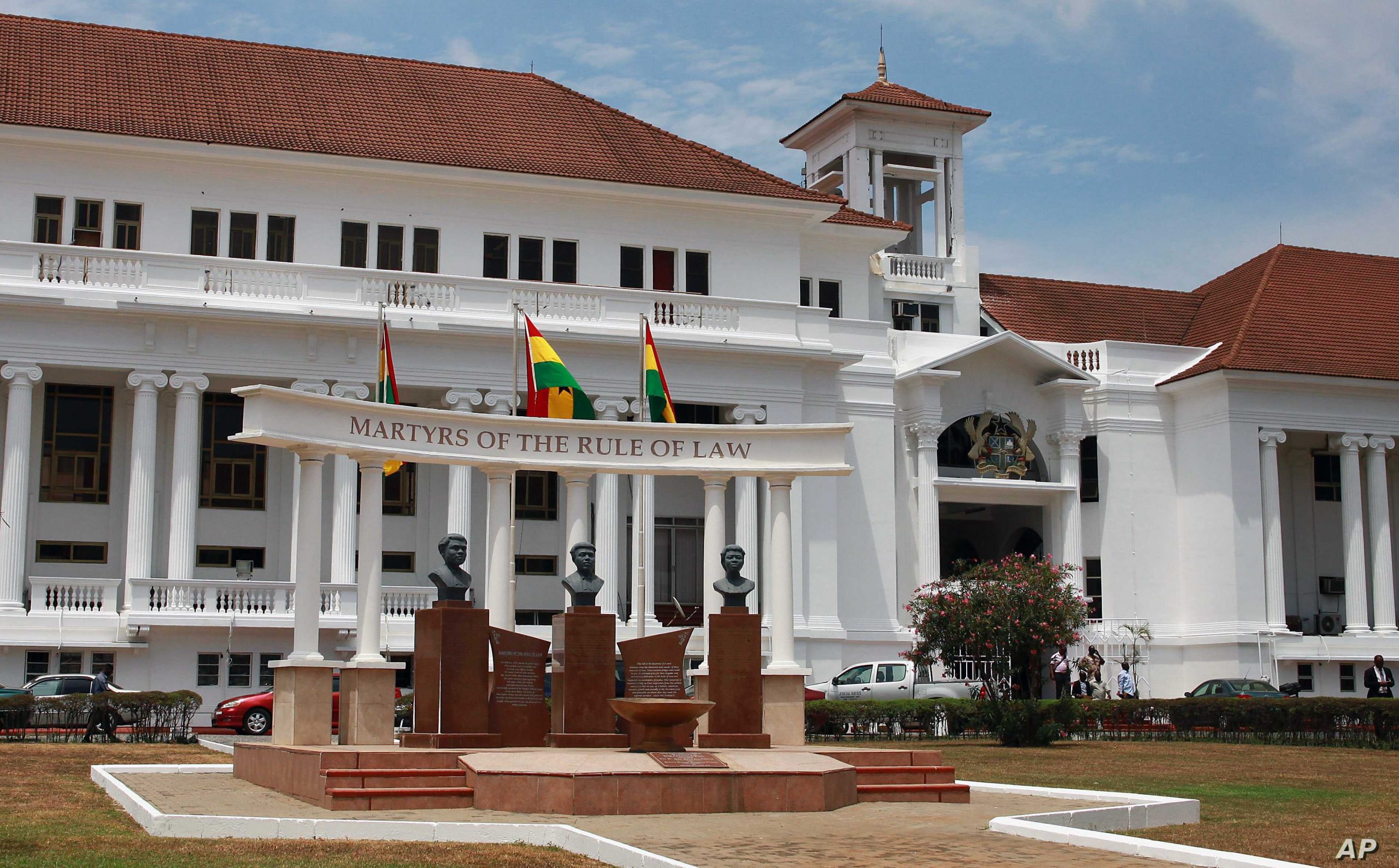What it means if court says you're 'acquitted', 'discharged' or 'acquitted and discharged'
In the legal realm, terms such as 'acquitted' and 'discharged' are frequently used, each carrying distinct implications and outcomes. Although they might seem similar, they represent different results in legal proceedings. This article aims to clarify these terms and their respective consequences.


In the legal realm, terms such as 'acquitted' and 'discharged' are frequently used, each carrying distinct implications and outcomes. Although they might seem similar, they represent different results in legal proceedings. This article aims to clarify these terms and their respective consequences.
Acquittal: A Declaration of Innocence
Definition: An acquittal occurs when a person is found not guilty of the charges against them. This verdict is delivered by a judge or jury following a trial.
Implication: An acquittal indicates that the evidence was insufficient to establish the accused's guilt beyond a reasonable doubt. It is a formal declaration that the individual did not commit the crime they were accused of.
Outcome: Once acquitted, the person is cleared of all charges related to that case. Due to the principle of double jeopardy, which protects against being tried twice for the same crime, the individual cannot be retried for the same offence.

Discharge: Release from Legal Proceedings
Definition: A discharge refers to being released from legal proceedings or custody, but it does not necessarily imply a declaration of innocence. Discharges can be categorised into two types:
- Absolute Discharge: The person is released with no further conditions, and the case is effectively closed. Despite the case being dismissed, a record may still be kept.
- Conditional Discharge: The individual is released under specific conditions, such as maintaining good behaviour or meeting certain requirements for a specified period. If these conditions are met, the discharge becomes absolute.
Implication: Discharge is used when the court deems that, although the individual might have committed the offence, they are not deemed suitable for punishment, or an alternative approach is considered more appropriate.
Outcome: An absolute discharge requires no further action, while a conditional discharge necessitates compliance with specific criteria. Failure to meet these conditions may lead to further legal consequences.

Acquitted and Discharged: A Combined Outcome
When a court declares someone as "acquitted and discharged," it signifies a comprehensive resolution of the case. Here’s what it entails:
- Acquitted: The person is formally declared not guilty, with the evidence proving insufficient to establish their guilt beyond a reasonable doubt.
- Discharged: The individual is released from any further legal action or obligations related to the case, including any conditions that might have been imposed if the discharge was conditional.
Combined Meaning: Being 'acquitted and discharged' represents both a formal clearance of any criminal wrongdoing and release from further legal constraints. This outcome ensures the individual has no ongoing legal responsibilities or conditions tied to their case.
Understanding the distinction between acquittal and discharge clarifies the outcomes of legal proceedings and their implications. An acquittal denotes a clear declaration of innocence, while a discharge pertains to release from legal obligations, with or without conditions. When these terms are combined, they offer a full resolution to the legal case, allowing the individual to start afresh, free from charges and legal constraints.
What's Your Reaction?















































































